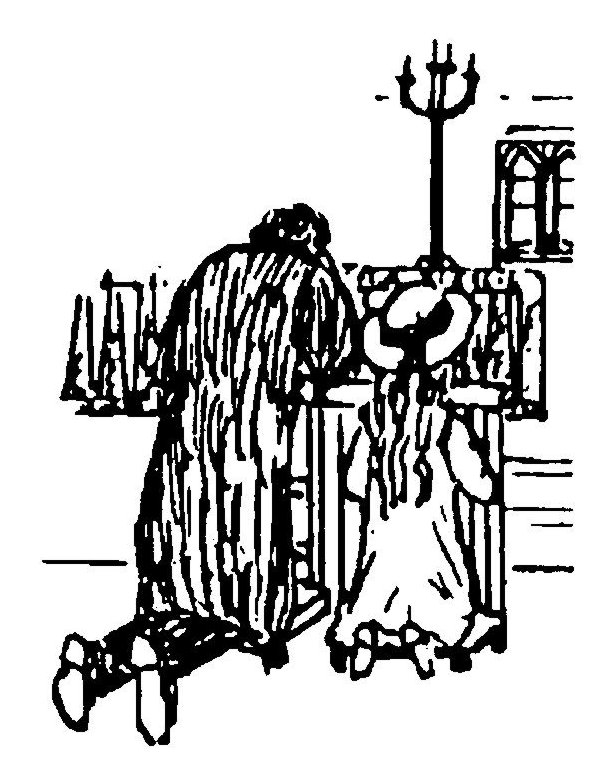Inspire them O my Lord, with a sense of their own powerlessness before Him Who is the Manifestation of Thy Self, and teach them to recognize the poverty of their own nature in the face of the manifold tokens of Thy self-sufficiency and riches, that they may gather together round Thy Cause, and cling to the hem of Thy mercy, and cleave to the cord of the good-pleasure of Thy will.
(Bahá’u’lláh, Prayers and Meditations, page 48)
“Inspíralos, oh mi Señor, con el sentimiento de su propia impotencia, ante Quien es la Manifestación de Tu propio Ser, y enséñales a reconocer la miseria de su
naturaleza, frente a las múltiples señales de Tu independencia y riqueza, para que se reúnan en torno a Tu Causa, se adhieran al borde de Tu misericordia y se aferren al cordel del beneplácito de Tu voluntad”.
(Bahá’u’lláh, Oraciones y Meditaciones, Barcelona: Editorial Bahá’í de España, 2000, pp. 46-47)
***
Divest, then, Thy servants, O my God, of the garments of self and desire, or grant that the eyes of Thy people may be lifted up to such heights that they will discern in their desires naught except the stirring of the gentle winds of Thine eternal glory, and may recognize in their own selves nothing but the revelation of Thine own merciful Self, that the earth and all that is therein may be cleansed of whatever is alien to Thee, or anything that manifesteth aught save Thy Self.
(Bahá’u’lláh, Prayers and Meditations, page 325)
“Despoja, entonces, a Tus siervos, oh mi Dios, de la vestidura del yo y del deseo, o
concede que los ojos de Tu pueblo puedan ser elevados a tales alturas que nada
disciernan en sus deseos salvo el ligero movimiento de las suaves brisas de Tu eterna gloria, y nada puedan reconocer en su propio ser, que no sea la revelación de Tu propio misericordioso Ser, para que la tierra y todo lo que en ella existe sea limpiada de cuanto es ajeno a Ti, o de cualquier cosa que manifieste algo que no sea Tu propio Ser”. 28
(Bahá’u’lláh, Oraciones y Meditaciones, Barcelona: Editorial Bahá’í de España, 2000, pp. 279-280)


































